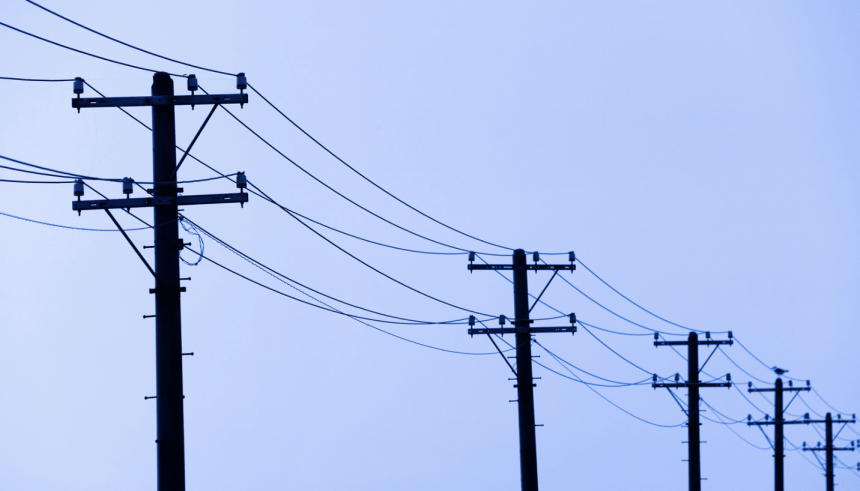Customers of the Holly Springs Utility Department have long voiced concerns over the quality of services rendered, with some citing days-long power outages. Now, governing officials plan to hold the utility provider in north Mississippi accountable.
On Thursday, the Mississippi Public Service Commission announced the start of an investigation and the scheduling of a public show-cause hearing concerning utility services provided by the Holly Springs Utility Department (HSUD), which is managed by the city of Holly Springs.

This decision follows customer complaints and alleged non-compliance with an independent audit conducted by a private firm. Back in August, the commission announced that Pennsylvania firm Silverpoint Consulting had been selected to look into the operational side of the HSUD while the Tennessee Valley Authority reviewed the utility provider’s finances.
Brown said the Public Service Commission has been adhering to newly passed Senate Bill 2453, which expands the commission’s authority over public utility providers, in having a third party assess HSUD’s scope of services in an attempt to offer solutions to resolve ongoing issues.
Nevertheless, Brown contended that those efforts have proven fruitless as city officials have refused to comply with the independent auditors.
“The city has not been cooperative,” Commissioner Chris Brown said on The Gallo Show. “We actually sent a subpoena to try to get to the bottom of it. We subpoenaed four or five of the city employees. They had a motion to quash, so they did not even show up. They don’t even want to talk to us or anything else.”
Among issues cited by investigators, Brown noted that there are “hot spots” in which vegetation has grown along power lines, subsequently causing parasitic power loss or outright power failures. With the cost of removing vegetation reported to cost millions of dollars, Brown deemed it necessary to undergo a thorough review, so that officials could aid in the process of offering meaningful solutions for recurring hindrances.
Other concerns with HSUD’s services levied by the Public Service Commission include a lack of utility management, system maintenance, technical and engineering expertise, and inadequate storm response.
“We’re not trying to play ‘gotcha,'” Brown added. “The people are suffering up there. It is almost ‘third-worldish’ where it could be a nice day and the power could go off three or four times per day. It’s not storm-related. It’s not anything else. It’s just mismanagement of the system.”
On the financial side, the city of Holly Springs has been found to be paying more for wholesale power from the Tennessee Valley Authority than the city had been receiving in payments from ratepayers. This stymies the city’s ability to pay for much-needed repairs that could remedy conditions playing a role in HSUD’s alleged shortcomings.
In response to the city of Holly Springs’ noncompliance, the commission has officially filed a complaint against the city alleging that HSUD has not offered adequate services to its customers. City leaders have been summoned to appear before the commission on January 7, 2025, for a show-cause hearing.
The hearing will be held in the Woolfolk State Office Building in Jackson beginning at 10 a.m. The commission issued its first set of data requests aimed to gather comprehensive testimony and evidence to guide its investigation. Holly Springs officials have 45 days to respond to the commission’s requests.
If state authorities determine that HSUD is incapable of delivering adequate services, the commission can take its case to a judge. The judge would have a multitude of options, one of which could be to prevent HSUD from providing services further than one mile beyond its corporate boundaries.
More than 80% of HSUD’s users live outside of Holly Springs city limits.







